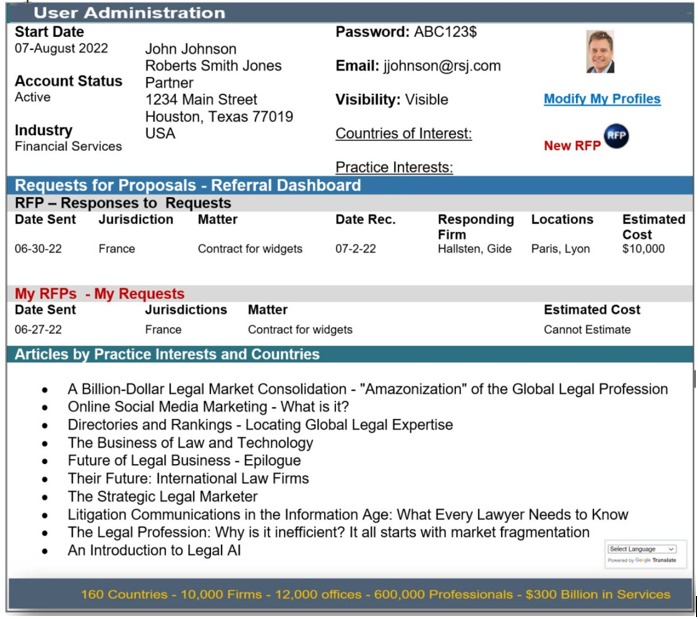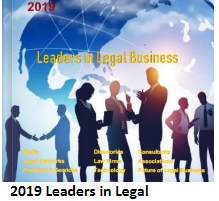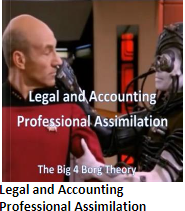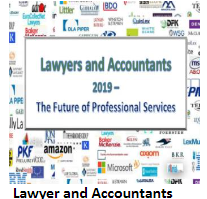Bar and Specialty Associations The legal profession has many
associations that represent the interests of law and the legal profession. Associations provide a foundation for
professional development, ethical standards, and community within the legal
profession. How can AI contribute to
these objectives?
Legal associations play a vital role in the legal profession by offering
a range of services and benefits to lawyers, clients, and the legal profession
as a whole. Here’s a summary of what they offer and how AI can contribute to
these objectives:
Offerings of Legal Associations
- Professional
Development:
- Continuing
Legal Education (CLE): Legal associations provide educational resources,
courses, and seminars to help lawyers maintain and enhance their knowledge
and skills.
- Specialized
Training: They offer specialized training programs tailored to different
areas of law, ensuring that lawyers stay updated with the latest
developments and best practices.
- Networking
Opportunities:
- Events and Conferences:
Associations organize events, conferences, and forums where legal
professionals can network, share knowledge, and collaborate on common
interests.
- Online
Communities: They provide online platforms and forums for members to
connect, discuss legal issues, and exchange ideas.
- Career Support:
- Job Boards and
Career Services: Associations often have job boards and career services
that help lawyers find new opportunities and advance their careers.
- Mentorship
Programs: They offer mentorship programs that connect experienced lawyers
with newer members of the profession for guidance and support.
- Ethical
Standards and Advocacy:
- Code of
Ethics: Associations establish and enforce ethical standards for the
legal profession, promoting integrity and professionalism.
- Advocacy and
Representation: They advocate for the interests of the legal profession
and work to influence policy and legislative changes that affect the
practice of law.
- Resources and
Publications:
- Legal
Publications: Associations publish journals, magazines, newsletters, and
other materials that provide valuable insights and updates on legal
issues and trends.
- Research and
Reports: They conduct research and publish reports on various aspects of
the legal profession, offering data and analysis that benefit members.
How AI Can Contribute to These
Objectives
- Enhanced
Educational Resources:
- Personalized
Learning Paths: AI can create personalized learning paths for lawyers
based on their interests, practice areas, and career goals, recommending
relevant CLE courses and materials.
- Virtual
Training: AI-driven virtual training platforms can offer interactive and
immersive learning experiences, making it easier for lawyers to acquire
new skills and knowledge.
- Improved
Networking Opportunities:
- AI-Powered
Networking Platforms: AI can enhance online communities by connecting
lawyers with similar interests and facilitating meaningful interactions
and collaborations.
- Event
Personalization: AI can analyze member profiles and recommend relevant
events, sessions, and networking opportunities, maximizing the benefits
of attending conferences and forums.
- Career Support:
- AI-Driven Job
Matching: AI can analyze job listings and member profiles to match
lawyers with suitable job opportunities, streamlining the job search
process.
- Career
Development Tools: AI can provide career development tools that offer
personalized advice, resume building, and interview preparation based on
individual career paths.
- Upholding
Ethical Standards:
- Ethics
Monitoring: AI can monitor legal practices and activities to ensure
compliance with ethical standards, providing alerts and recommendations
to prevent breaches.
- Ethical
Decision Support: AI-driven tools can offer guidance on ethical dilemmas,
helping lawyers make informed decisions that adhere to professional
standards.
- Resource
Accessibility:
- AI-Powered
Legal Research: AI can enhance legal research capabilities by providing
accurate and relevant search results, summarizing legal documents, and
identifying key insights.
- Content
Personalization: AI can personalize the delivery of publications,
research, and reports based on members’ interests and practice areas,
ensuring that they receive the most relevant information.
- Efficient
Advocacy and Representation:
- Policy
Analysis: AI can analyze legislative changes and policy developments,
providing associations with insights to support their advocacy efforts.
- Member
Feedback Analysis: AI can gather and analyze feedback from members on
various issues, helping associations to better represent their interests
and address their concerns.
Case Examples
- Personalized
Continuing Legal Education (CLE):
- An AI-driven
platform recommends CLE courses to lawyers based on their practice areas
and past learning activities. The platform tracks progress and provides
reminders to ensure compliance with CLE requirements.
- AI-Enhanced
Networking Events:
- At a legal
conference, an AI-powered app suggests networking opportunities,
sessions, and speakers to attendees based on their profiles and
interests, facilitating more effective and targeted interactions.
- Career
Development Support:
- An AI tool
helps lawyers build their resumes by suggesting relevant experiences and
skills to highlight. It also provides interview preparation tips tailored
to the specific job roles they are applying for.
- Ethical
Compliance Monitoring:
- An AI system
monitors law firm activities for potential ethical breaches and provides
real-time alerts to compliance officers, helping maintain high ethical
standards.
- Advanced Legal
Research Tools:
- An AI-powered
legal research tool provides lawyers with precise search results, case
summaries, and legal analysis, saving time and improving the quality of
their research.
By integrating AI into their offerings, legal associations can enhance
their support for lawyers, clients, and the legal profession, ensuring
continuous professional development, effective networking, robust ethical
standards, and valuable resources. This technological advancement will
contribute to a more efficient, informed, and connected legal community.
_________________________________________________________________





 Software
Software Law
Law Legal
Legal






